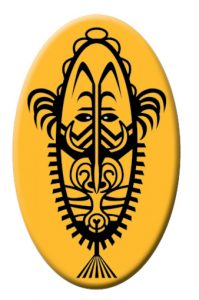 Sorry, you are not authorised to view this page.
Sorry, you are not authorised to view this page.
You must be a financial subscriber and logged into the site with your password to view this page.
If you are not a member, you may subscribe HERE . . . . or you need to log in.
 Sorry, you are not authorised to view this page.
Sorry, you are not authorised to view this page.
You must be a financial subscriber and logged into the site with your password to view this page.
If you are not a member, you may subscribe HERE . . . . or you need to log in.